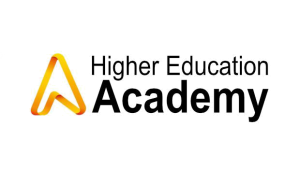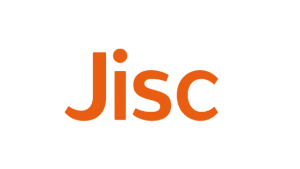”Work in the creative industries for dance, drama and music graduates can be unpredictable and insecure,and there is unlikely to be a linear career structure. After graduation,it is very common to be self-employed with multiple primary and secondary occupations involving project works and short term contracts, and success is often dependent on actively maintaining networks and favouring opportunities for learning and reputation building.
Determination, wide ranging experience, proven skills and good contacts may open up careers for dance and drama graduates that include : acting; arts administration and management; choreography; community arts; dance performance; dance and drama therapy; lecturing; teaching and training; media, film and television production;technical production, and stage management.
A graduate's transferable skills, notably in performance, presentation, and interpersonal communication, can have real value in other activities, and numbers of graduates have careers in retail, finance, social work, travel and tourism, marketing and the voluntary sector.
Career options related specifically to music include (alphabetically) arts administration and management; community arts work; copyright administration in composition and recordings; education and training; librarianship; live performance of music; management, representation and promotion; music for computer games; music publishing; music therapy; production, retailing and distribution of music instruments; production, distribution and retailing of sound recordings; song writing and composition.
Employers include arts, cultural and media organisations, schools and colleges, the National Health Service, law firms, orchestras, the armed forces, IT and commercial organisations.
Student Employability Profile: Dance , Drama and Performance Student & Music Student sectionswww.heacademy.ac.uk
The creative arts industries are increasingly dominated by part-time, self employed and multi-activity working and as teachers we have to consider how well we are preparing our students for the portfolio careers that Julian Bryant describes. (Visual Resources Room) In the music industry for instance, approximately 90% of people work part-time, or on a self employed basis.
”The majority of musicians have to be as creative in terms of earning a living (let alone building a career) as in their playing, singing or composing.
Palatine. Employability Issues in HE Performing Arts 2003
Our intention in planning our teaching activities should not just be to help students find their first job after leaving university, but to improve their higher level competencies and skills in order to enhance their long-term employability over their entire career span. There is a growing interest in performing arts departments in developing entreprenuership and active involvement in a workplace environment, collaborating and networking with industry contacts, mentorship schemes and support and guidance in the early stages of company or business development have all been shown to be effective approaches to nurturing entrepreneurship amongst students and graduates.
Study Rooms
In this Study Area you are encouraged to consider various approaches to developing employability and entreprenuership including:
- Work-based Learning (WBL)
- Employee / Employer continuing professional development (CPD)
- Placements and professional practice
- Industry engagement in curriculum design
- HE and Industry / Community Partnerships
Consider in your Reflective Portfolio how you might create a curriculum to enhance your own students’ entrepreneurship.




